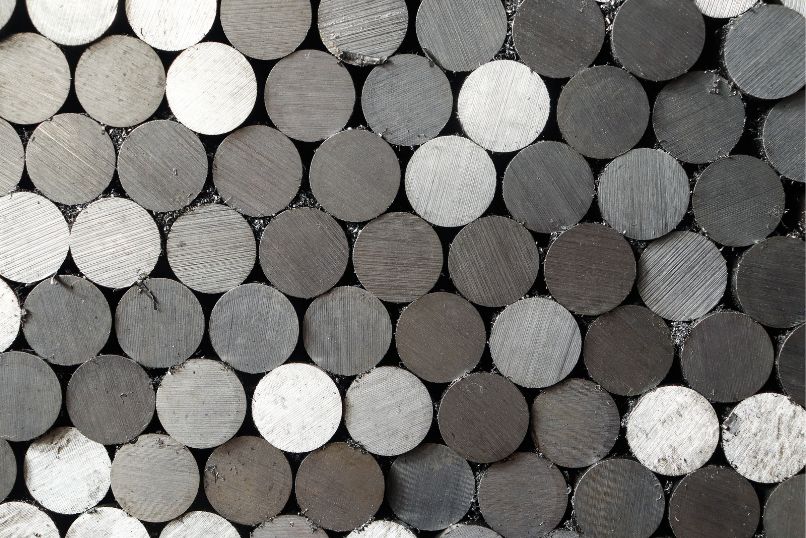Heat exchangers and condensers are significant in various industries, including power generation, chemical processing, and oil and gas. These components ensure equipment operates efficiently, preventing unnecessary maintenance and repairs.
One of the most common materials used for heat exchange and condensers is nickel alloy. Let’s dive into why nickel alloy is great for heat exchange and condensers.
Corrosion Resistance
Nickel alloy has excellent corrosion-resistant properties, making it highly resistant to oxidation, acidic and alkaline corrosion, and pitting and crevice corrosion. Its corrosion resistance makes it ideal for heat exchangers and condensers exposed to extreme environments like acids, seawater, and chlorides. Additionally, nickel alloy’s corrosion resistance properties make it less prone to fouling and scaling, reducing the need for costly and time-consuming maintenance.
High-Temperature Resistance
Nickel alloy can withstand high temperatures, making it ideal for use in high-temperature heat exchangers and condensers. Industries operating at high temperatures, such as the power generation industry, benefit significantly from using nickel alloy materials. Due to its high-temperature resistance, nickel alloy can tolerate temperature spikes and sudden changes, ensuring the heat exchange and condenser components remain stable.
Mechanical Strength
Nickel alloy has excellent mechanical strength, making it highly resistant to fracture and stress. The mechanical strength of nickel alloy makes it ideal for use in industries that require high-pressure heat exchange and condenser systems, such as the chemical processing industry. The materials can handle high pressure without warping or breaking, ensuring the components remain stable under intense pressure.
Thermal Conductivity
Nickel alloy has excellent thermal conductivity, allowing it to transfer heat quickly and effectively. This factor makes it ideal for heat exchangers and condensers, as it ensures heat transfers efficiently, reducing energy consumption and costs. Additionally, nickel alloy’s thermal conductivity allows it to maintain a more uniform temperature across the heat exchange and condenser components, reducing the risk of hotspots.
Durability and Longevity
Nickel alloy materials are incredibly durable and offer a long lifespan. The materials can withstand harsh environmental conditions, making them ideal for heat exchange and condenser applications exposed to extreme environments. Additionally, the durability and longevity of nickel alloy materials like the monel400 alloy reduce the need for frequent replacements, saving time and money in the long run.
Nickel alloy materials offer an array of benefits for heat exchangers and condensers. Their excellent corrosion resistance, high-temperature resistance, mechanical strength, thermal conductivity, durability, and longevity make nickel alloys a popular choice for various industries. By leveraging the advantages of nickel alloy materials, industries can ensure their heat exchangers and condenser systems operate efficiently, resulting in less downtime, lower costs, and improved equipment performance.
Wieland Diversified has a proven track record of providing quality nickel alloy materials for heat exchangers and condensers. We offer many high-performance nickel alloys, including the monel400 alloy and other popular options. Check out our selection of nickel alloy materials today to discover why so many customers trust us for their heat exchange and condenser components. Contact us for more information about our products and services!

